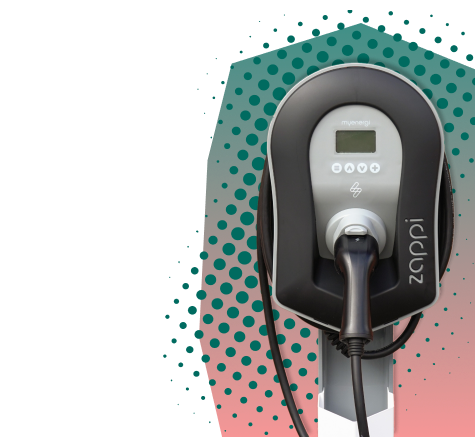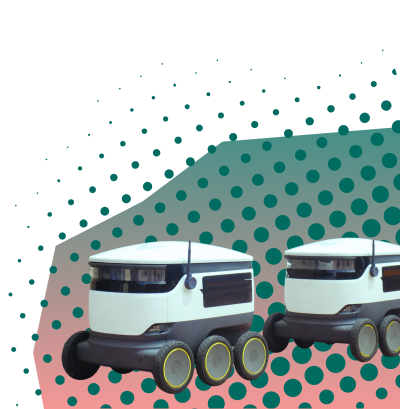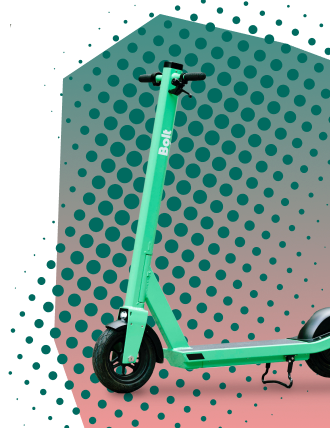The importance of the right-skilled engineering professionals
For companies to stay on top of their engineering needs, there is a vast pool of engineering-related roles that can be filled. Your engineers are the ones responsible for building and producing the product/service, implementing new features and performance, and having full control of the engineering strategies and processes. No GreenTech giant can exceed without an agile and diligent engineering team supporting them. But within engineering, there are many roles that can be utilized, and it might become a challenge for companies to look for adequate talent, as well as properly differentiate between the different responsibilities each role comes with.
To make it a bit easier for everyone, here at Storm4 we prepared a detailed overview and comparison of different engineering roles and their key responsibilities.
 Different Engineering roles and their key responsibilities
Different Engineering roles and their key responsibilities
-
CTO – Chief Technology Officer
As the name suggests, Chief Technology Officer is an integral part of the company’s C-Suite. They hold an instrumental role in driving the business through the highest levels of technology intelligence. Working closely with the CEO and other board members, the CTO works as a bridge between the technical side of the business and the rest of it. They’re looking at both short and long-term needs of the organization from a technical standpoint, to help the business reach its objectives. Their main responsibility is outlining and driving the company’s technological vision, implementing strategies, and ensuring that the tech resources are in alignment with the company’s needs.
Chief Technology Officer key responsibilities:
- Direct the strategy for technology platforms, partnerships and external relationships
- Plan and implement goals and timelines for the development and deployment of all technological services, promote standards and processes to ensure best practices
- Make executive decisions related to the company’s technological requirements
- Develop, track and manage technology performance metrics and oversee the annual operating and capital budgets for purchasing, staffing and operations
- Identify, compare and implement technology solutions to meet current and future needs
- Collaborate with Marketing, Business Development and Operations to define and deliver new products and enhancements and use new technologies to streamline company policies and rules
- Capitalize on stakeholders’ feedback and communicate strategy to partners and investors
-
VP of Engineering
Working directly under the C-Suite, the Vice President of Engineering is an important bridge between the engineering teams and the higher-ups in any GreenTech. These professionals are not only responsible for leading and influencing the engineering team, but they also drive innovation and bring the products to life. VP of Engineering will ensure that their team work diligently on their product meeting design requirements and that it will deliver a consistent experience for future users. They will work not only with their engineering team but also collaborate with the product managers to ensure the vision of the product is met and delivered.
VP of Engineering key responsibilities:
- Co-develop the technical vision and strategy with the CTO
- Design, implement, and monitor all operations and key performance metrics of the engineering team
- Develop and implement procedures to ensure quality standards are met and best practices are always adhered to
- Monitor, maintain and optimise budgets to meet goals
- Monitor, collaborate and influence the execution of the complete product lifecycle from concept to execution
- Recommend new technology and ideas to improve efficiency
- Help with the recruitment and onboarding of new engineers in the team
-
Senior Software Engineer
The senior Software Engineer’s role requires an incredible amount of knowledge regarding data structuring and algorithms as well as great programming skills. If the CTO and VP of Engineering are the “thinkers”, software engineers are the “doers”- they are the ones actually bringing the vision to life by applying their strong analytical skills and reasoning. One of their main responsibilities is making sure that the product not only meet the business requirements but aligns perfectly with the user’s needs. When it comes to this role it’s important to note that there are different types of software engineers – all based on the programming languages they know. Hence why you’ll find Senior Python Engineers, Ruby on Rails Engineers, Java Engineers, and so on and so forth. They also need to possess a good understanding and knowledge of different database systems, such as MySQL or MongoDB to name a few.
Senior Software Engineers’ key responsibilities:
- Design, develop, maintain, test, and evaluate the software using the principles of software engineering
- Identify, prioritize and execute tasks in the software development life cycle
- Improve and maintain the existing code base
- Review and debug code
- Collaborate with other teams in the company to improve products
- Ensure software is up-to-date with the latest technologies

-
Senior DevOps Engineer
Where Senior Software Engineers are the ones responsible for the designing and developing of the software, Senior DevOps Engineers are a part of both the development and operation. That means DevOps engineers work on code with the developer team and oversee the code releases, but they also manage the deployment and operation processes. Their role requires not only thorough knowledge of programming but problem-solving, organizational skills and knowledge of agile and DevOps principles as well. DevOps engineers work closely with the operational side of an organization, while Software Engineers work independently from it. One of their main focuses is fostering efficiency at every stage to ensure that new technology gets adopted quickly and that software updates are done in a short period of time.
Senior DevOps Engineer key responsibilities:
- Design, implement and maintain all systems that are highly available and scalable
- Complete code and script updates, as well as resolve product implementation errors
- Access the technological automation tools
- Manage the cloud deployment
- Plan and predict project durations and manage the project budget
- Lead the software development team, and become influential mentors to junior personnel
- Monitor operations, document the processes and monitor performance metrics
- Keep in the loop with software development trends and innovation in the market
At Storm4, we pride ourselves on working with some of the leading talents in engineering and the DevOps sectors to accelerate the change to a green and sustainable future. If you’re currently looking for a new opportunity in that department, or looking to supply your data and analytics team with new, influential figures – take a look at our specialisms and sectors pages and reach out to us.













